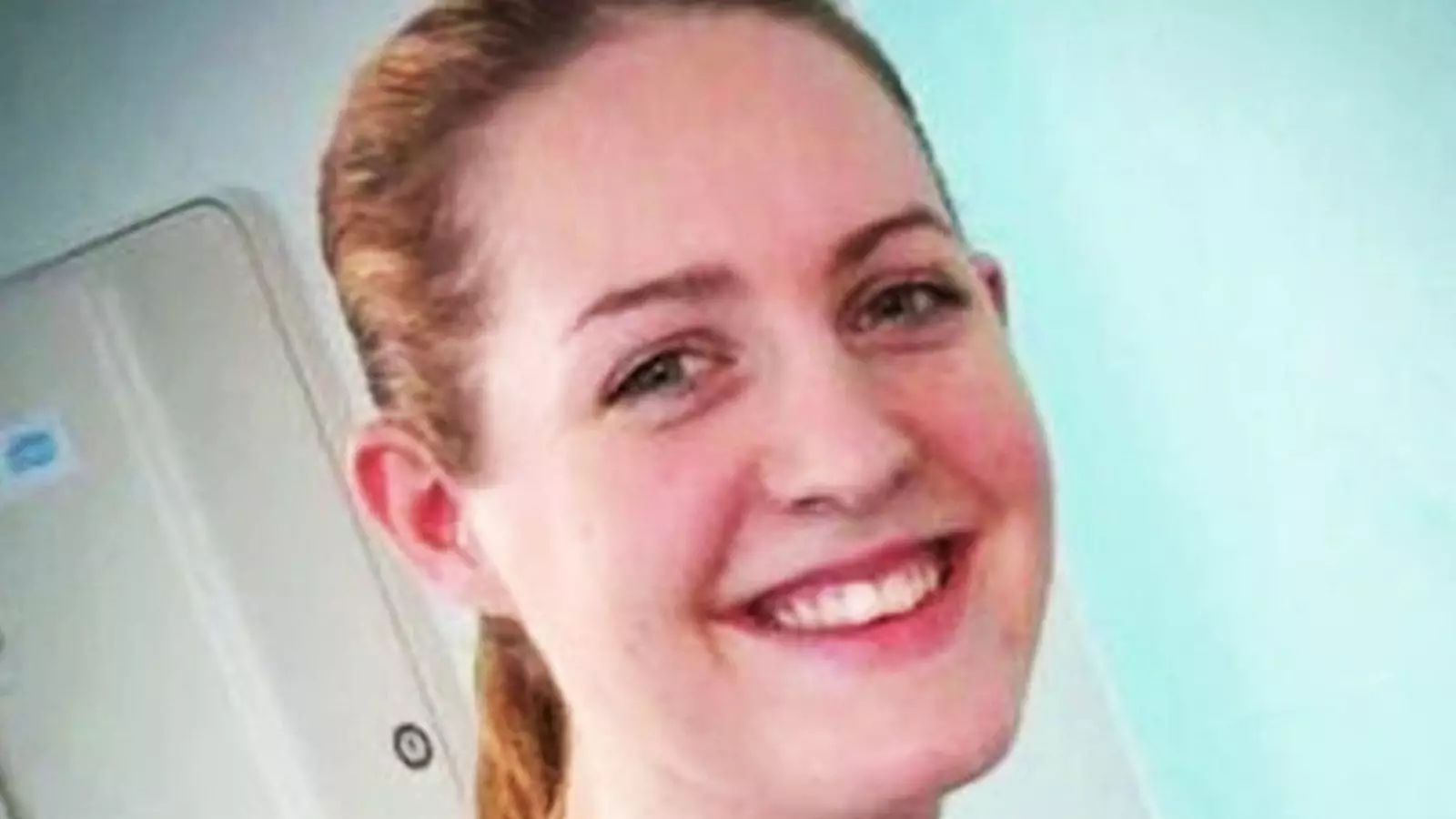In recent revelations surrounding the case of Lucy Letby, a neonatal nurse convicted of multiple murders and attempted murders of infants under her care, the inquiry into the failures of the Countess of Chester Hospital has sparked outrage and disbelief among the public and the families affected by these tragic events. These discussions not only highlight the horrifying actions of Letby but also the institutional malfunction that allowed her to continue her work despite numerous warnings and red flags. This scenario paints a somber picture of accountability, negligence, and the deeply ingrained need for systemic reform within healthcare institutions.
The inquiry has brought forward testimonies from key figures, including Tony Chambers, the former chief executive of the NHS trust managing the hospital, who described a distressing meeting with Letby’s father. Chambers detailed how Mr. Letby, overwhelmed with anger and emotion, resorted to threats during an already tense situation. Such incidents reveal how personal circumstances can cloud judgment and complicate decision-making processes within organizations. Chambers has publicly expressed remorse for the pain inflicted on the families by the delayed reactions to the early warnings about Letby’s actions. However, this raises profound questions about leadership accountability in healthcare: to what extent should leaders bear personal responsibility when systemic failures occur?
Chambers stated, “It was not a personal failing,” which begs to differ. By siphoning responsibility from personal accountability, it implies a broader systemic inertia where leaders are seldom held to stringent standards. If the management of the hospital recognized the warning signs yet failed to act decisively, it reflects a collective, systematic failing that goes beyond individual lapses. This revelation brings to light a critical conversation regarding the role of hospital management in ensuring patient safety and responsiveness to staff and familial concerns.
Another significant aspect highlighted by the inquiry is the failure in communication between hospital management and the families affected, as well as among the healthcare professionals themselves. Chambers acknowledged that the “communications with the families could have and should have been better.” This recognition is a step forward, but it raises further questions: What structural barriers prevented effective communication? Were healthcare professionals adequately trained to address their suspicions and relay them through the appropriate channels?
Moreover, the testimonies from Letby’s former boss, Alison Kelly, shed light on a culture of defensiveness and denial. While Ms. Kelly indicated that she had the “best intentions,” her defense seems to excuse a lack of action amidst critical concerns raised by medical staff. The failure to escalate concerns regarding Letby’s suspicious actions led to a catastrophic environment where the safety of vulnerable infants was compromised. This situation reveals an urgent need for a cultural shift within healthcare, prioritizing openness, accountability, and a zero-tolerance approach to negligence.
The legacy of the Lucy Letby case must be a catalyst for change. The inconceivable loss of young lives due to allegations of willful harm is a devastating reality that should compel healthcare institutions to re-evaluate their protocols, communications, and staff training. There needs to be robust systems in place that encourage healthcare professionals to report concerns without the fear of retaliation or dismissal. Involving families as partners in patient care can also be instrumental; their insights and observations can serve as valuable resources in identifying potential threats long before they escalate.
Furthermore, inquiries such as the Thirlwall Inquiry must lead to actionable outcomes rather than be mere formalities. Implementing accountability measures, regular training sessions on the significance of reporting and handling concerns, and a commitment to transparency can foster a culture of safety that prioritizes the well-being of patients over bureaucratic processes.
The harrowing circumstances surrounding Lucy Letby’s actions illuminate significant cracks in the healthcare system. Through critical reflection, sincere acknowledgment of failures, and an unwavering commitment to reform, the tragedy of these events can serve not just as a cautionary tale but as a fundamental push towards a safer, more compassionate healthcare environment.

Leave a Reply